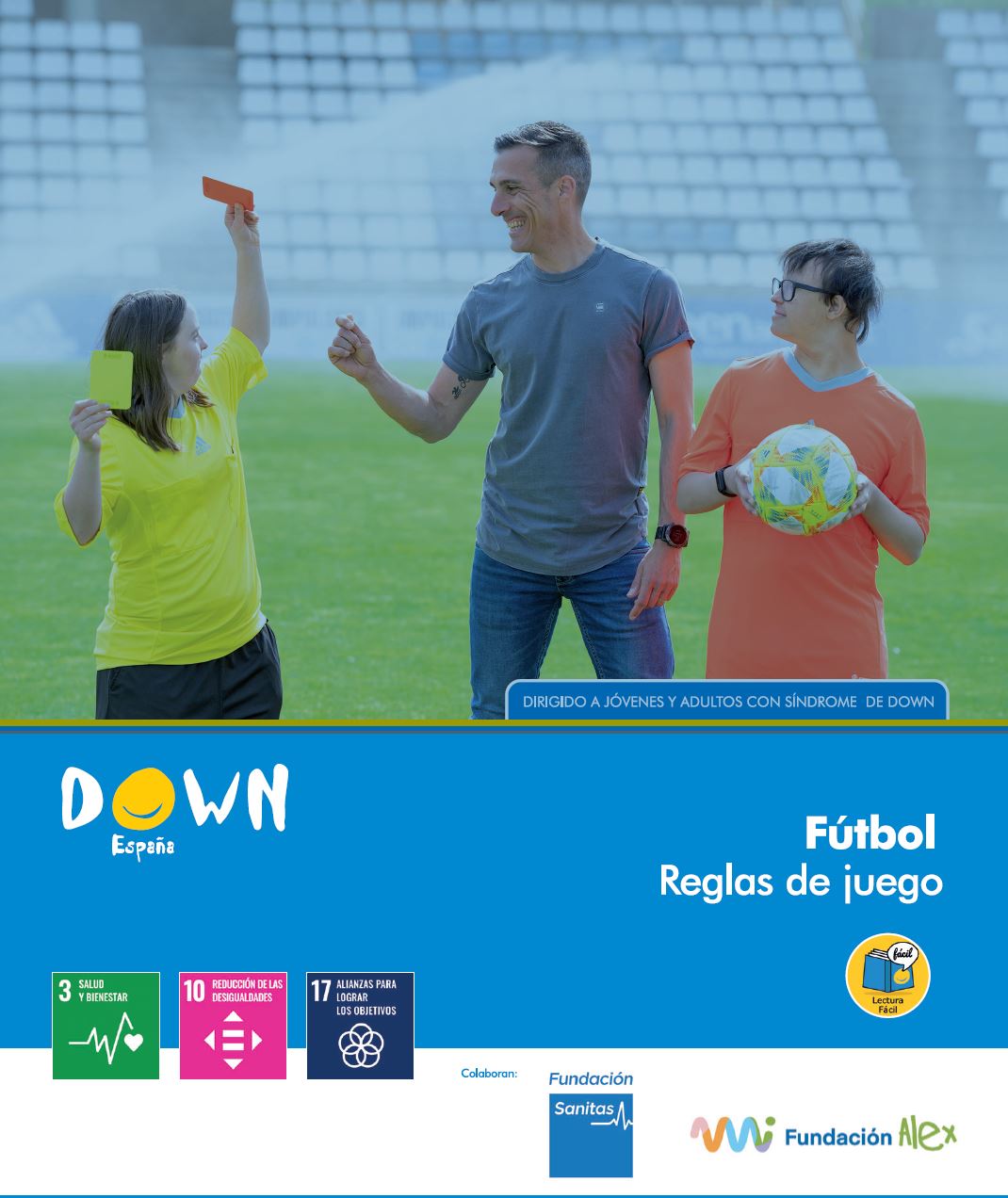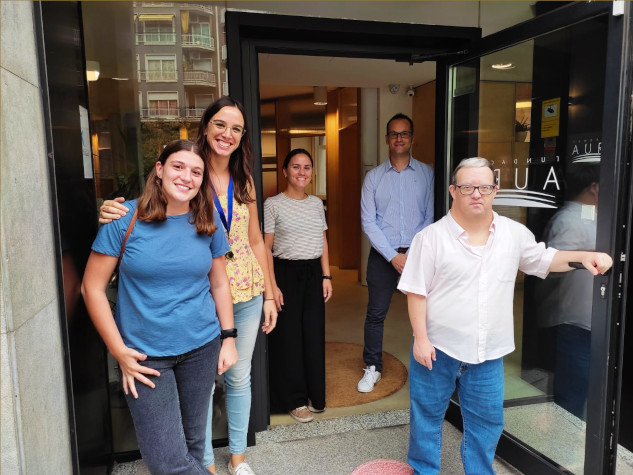Support is extra help that a person may need to do a task, understand information, or develop skills. Every person gives and receives different kinds of support every day.
People with intellectual disabilities or who are differently abled, may need extra support to make and understand decisions, learn new skills, understand information, communicate with other people, be included, or involved in an activity or an event.
The type and amount of support someone needs are different for everyone. Support will change in different environments and over time.
There is little understanding, experience or training in good support for people with intellectual disabilities.
Support is not the same as “care.”
Often people with intellectual disabilities get poor controlling or support.
People with intellectual disabilities have to put up with poor support because there are no other options.
For people with intellectual disabilities, families are often their first and most important supporters.
But often professionals or volunteers will also support people who are differently abled.
Everyone who is working with people with intellectual disabilities should understand good support. Having good support makes sure that:
- They understand what is happening around them.
- They are included and involved.
- They are developing new skills.
- They have the time they need.
- They are listened to and can say what they think.
- Their decisions are respected.
- They can do their jobs of fulfil heir tasks to the best of their ability.
People with intellectual disabilities told us that the most important qualities of a good support person are a good listener, friendly, have experience and knowledge about the work they are supporting with, trustworthy, encouraging sill development, supportive of decision-making, understand what support is needed and when, respectful, patient, able to explain thing clearly using everyday language.
It is everyone’s responsibility to adjust the way that they work with people with an intellectual disability. Although many times a person may have a support person they work closely with it is not the role of one person to act as a go-between.
For example, in a meeting that includes a person with an intellectual disability, everyone must speak in an accessible way so that the person is included, not rely on a support person to “translate”.
Inclusive organisations should be able to recognize and challenge poor support and empower people with intellectual disability to do the same.
People with intellectual disability say that poor support is when people make decisions for them without including them:
- Their supporters control what they do and when.
- Their supporters overprotect them or treat them like children.
- They do not understand what is happening or why.
- They are not part of what is going on and can’t join in.
- They are not listened to.
- The supporter talks over them or answers for them.
- The support is not about what they want or need but about what the supporter wants to do.
Make sure that the person with an intellectual disability is always in control of their support. Often people with intellectual disabilities are not involved in who is chosen to support them or part of deciding how they will be supported.
People with intellectual disabilities should always be part of any conversations or decisions about their support.
Giving good support:
Get to know each other. Support works best when people know and respect one another. Some things to talk to with a person you are supporting could be:
Who are we?, What are we good at?, what are we interested in?, what are we working to achieve?, what type of support is the person with intellectual disabilities looking for?
Make sure people with intellectual disabilities have choice and control.
Good support makes sure people with intellectual disabilities understand the options they have and the outcomes of the different choices.
Support people should respect decisions even if you do not agree.
Help people with intellectual disabilities develop new skills.
Most people want to try new things. Developing new skills helps to empower people with intellectual disabilities.
One way to support people with intellectual disabilities to develop new skills is:
Break tasks or information down into small chunks.
Give plenty of time.
Set goals, check in regularly.
Give people with intellectual disabilities the right support when they need it. Work together to understand when your support is needed and how much support to give.
People do not need support all the time. Giving too much support means people with intellectual disabilities might lose out on their independence.
Remember support needs can change over time and the type of support offered should change with them.
Give people with intellectual disabilities support that is specific to each person.
Just because one type of support worked with one person does not mean that it will work with a different person. Support is not “one-size-fits-all”.
Consider how to give people options around their support. Talk with one another and try different things out to find out the best way to support. Give opportunities to check if support is still working well.
Good support takes time to get right. Be patient and do not give up.
Just because a person is not asking for support, it does not mean they do not need it. If working with a person who appears not to engage or be able to express what support or other accommodations they may need, do not give up!
Continue to involve the person in any way that you can. Be friendly and attentive and try different approaches, Being involved will help a person’s confidence to grow and given tie they may feel comfortable enough to share what they want and need to take part.
Some people with an intellectual disability may have been treated poorly in the past and may be worried about struggling with a new task.
This may mean they do not want to take a risk and try new things, event with support. Take your time, introduce new tasks slowly, explain them carefully and build on the person’s strengths and preferences. Peer support can be very helpful and can help to feel more confident.















